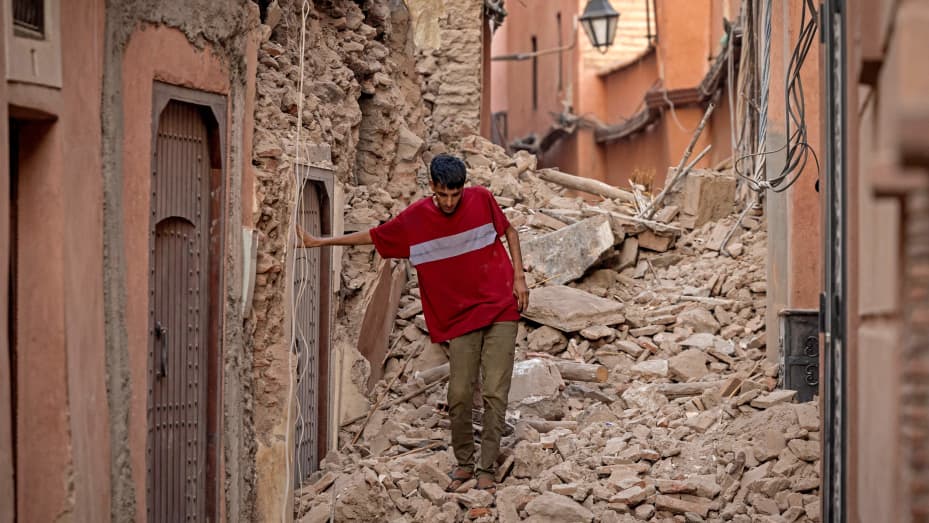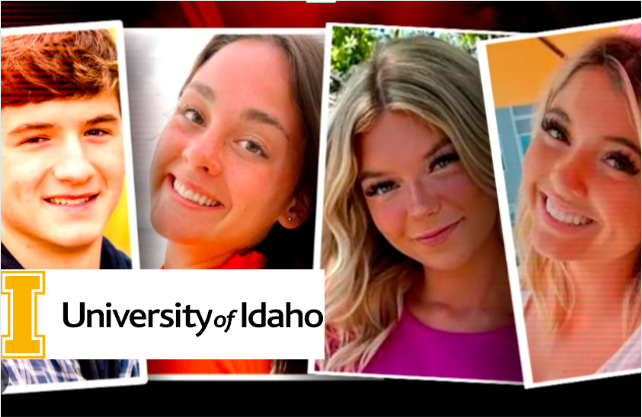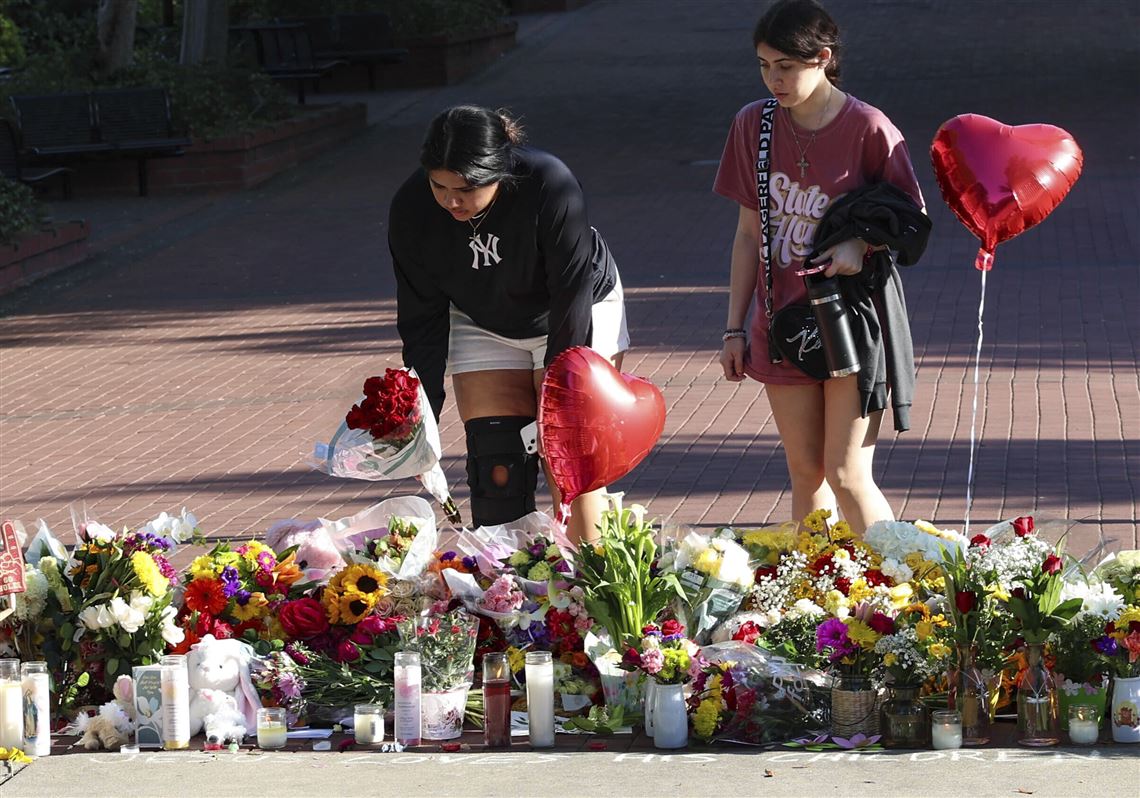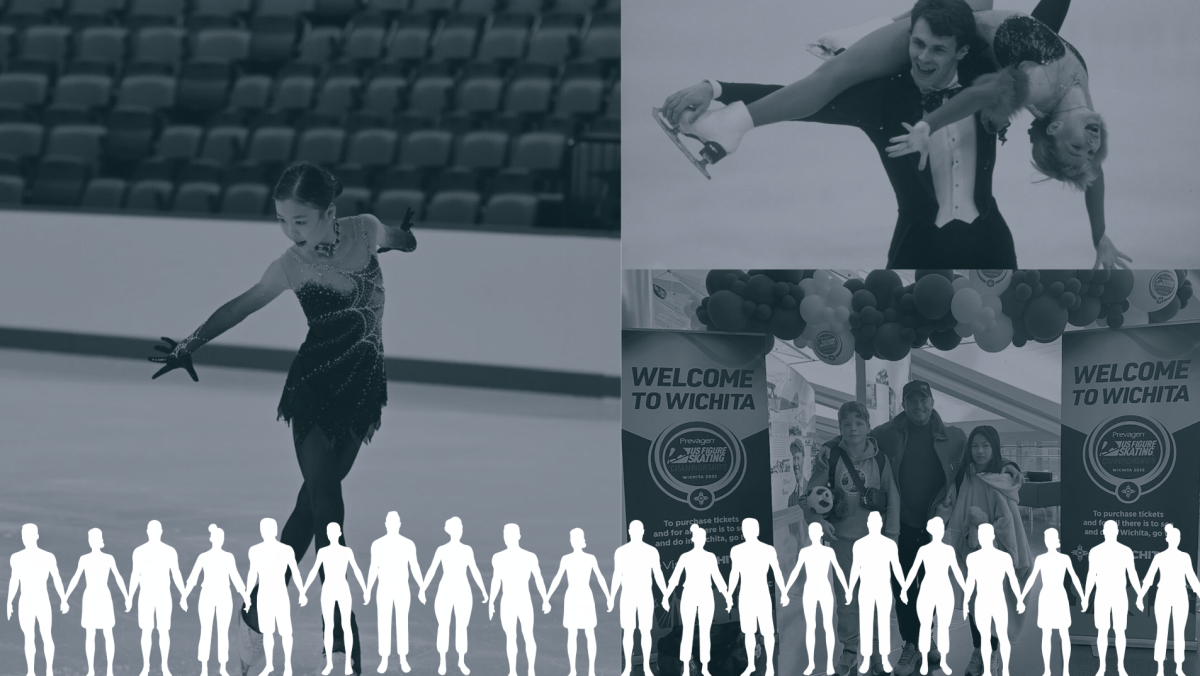In a recent event that sent shockwaves through Morocco, a series of powerful earthquakes rocked the North African nation, leaving communities in fear and devastation.
Morocco, a nation known for its landscapes and rich cultural heritage, was hit by a series of earthquakes on September 8th, 2023, leaving residents in shock and prompting a nationwide response. These seismic events have highlighted the present threat of earthquakes in the region and have raised questions about Morocco’s preparedness for such natural disasters.
(A map of the intensity of the earthquakes that hit the central part of Morocco.)
On that fateful Thursday, Morocco experienced three significant earthquakes with varying magnitudes. The first and strongest of these, measured at 6.8 on the Richter scale, struck at 11:11 pm local time. Its epicenter was located in the High Atlas Mountains, which is the center of the country. This initial quake was followed by two more, measuring 5.2 and 4.8, within hours of the first event. These other two quakes added to the sense of anxiety and fear that gripped the nation.
The aftermath was marked by chaos and confusion. In the affected areas, including Al Hoceima, Nador, and surrounding towns, buildings suffered significant structural damage. Reports indicate that many homes and structures were reduced to rubble, leaving countless families homeless and sleeping on the streets for nights. Unfortunately, almost a total of 3,000 lives were lost, and numerous others were injured during the time. Local authorities and first responders were quick to assist those affected, providing medical aid, rescue operations, and temporary shelter. The Moroccan government declared a state of emergency in the affected regions to quicken the relief efforts.
Morocco’s leadership, King Mohammed VI, acted promptly to address the crisis. In a televised address to the nation, the King expressed his condolences to the victims and their families and pledged the government’s full support for recovery efforts. He also called for unity in the face of this natural disaster. The Moroccan Red Crescent, along with various international aid organizations, has been actively involved in providing emergency relief, including food, water, and medical supplies, to affected communities. Volunteers and citizens have also stepped forward to assist in relief operations and support fellow neighbors. International operations director, Borja González, told NBC’s TODAY show that “neighbors, volunteers and ourselves are moving all the earth and the rocks and everything to try to look for the people,…. There’s no machinery here. It’s very remote in the mountains. It’s not easy for machines to arrive here.”
While Morocco is not considered a high-risk seismic zone compared to other parts of the world, these recent earthquakes serve as a reminder of the need for being better equipped for these kinds of natural disasters. The country lies near the boundary between the African and Eurasian tectonic plates, making it vulnerable to activity. Efforts to improve building codes and educate the public on earthquake safety measures must be increased to reduce the risk of future earthquakes.
This is a short video, detailing the safety measurements that should be taken during the event of an earthquake. (Video Credit: Fema)
Morocco has received an outpouring of support from the international community. Several countries, including neighboring nations and those farther away, have offered assistance in the form of financial aid, search and rescue teams, and expertise in disaster management. This global response reflects the interconnectedness of nations in times of crisis and the shared commitment to helping those in need.
The picture shown above depicts of a local walking through the aftermath of the 6.8 magnitude in Marrakech. (Photo Credit: CNBC)
These recent catastrophic disasters have left the nation with both immediate devastation and long-term questions about safety. While the immediate response has been noted, the road to recovery will be long and challenging. This natural disaster serves as a reminder that preparation is a necessity in the face of unpredictable events. The Moroccan people, along with international partners, are determined to rebuild and emerge stronger from this tragedy. The Academy community can also support the country by fundraising for the needs of the people affected. Alicia Bos (‘26) said, “I feel awful for how much damage has been done to the country of Morocco. My aunt was over there and is lucky enough to have survived.” Though the road ahead may seem tiring and almost endless, Morocco will have supporters around the world, supporting and assisting them in the journey ahead to peace after a disaster.















